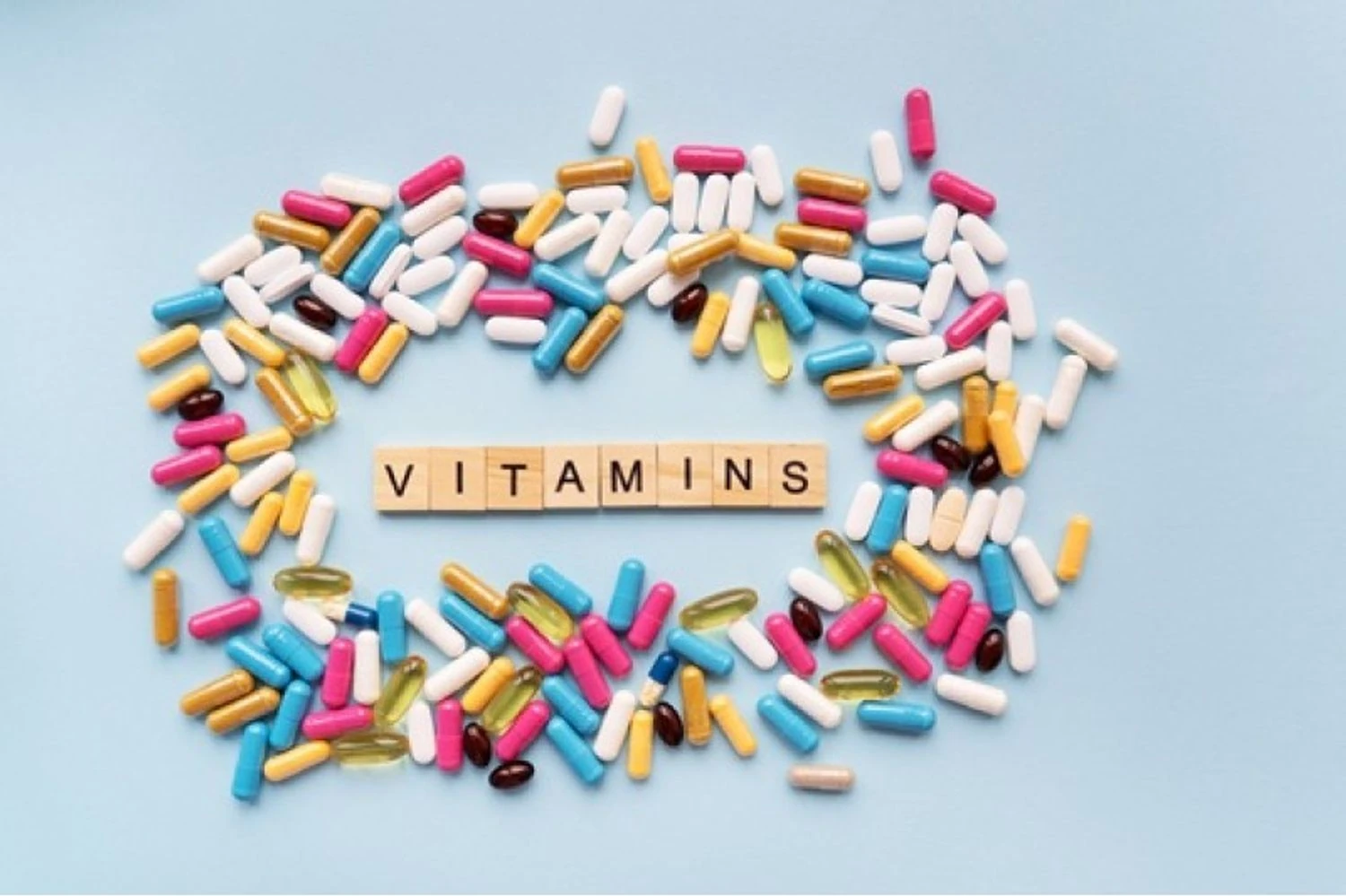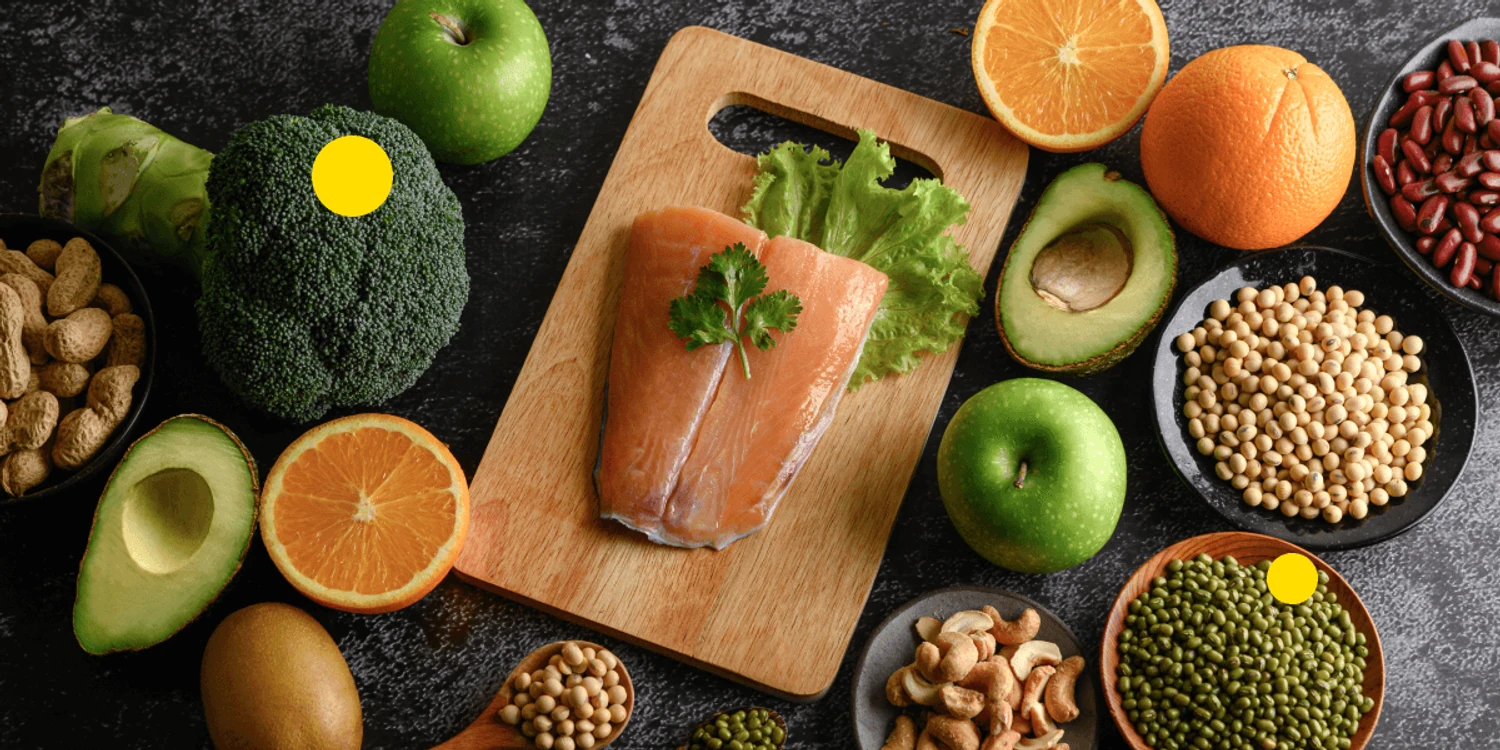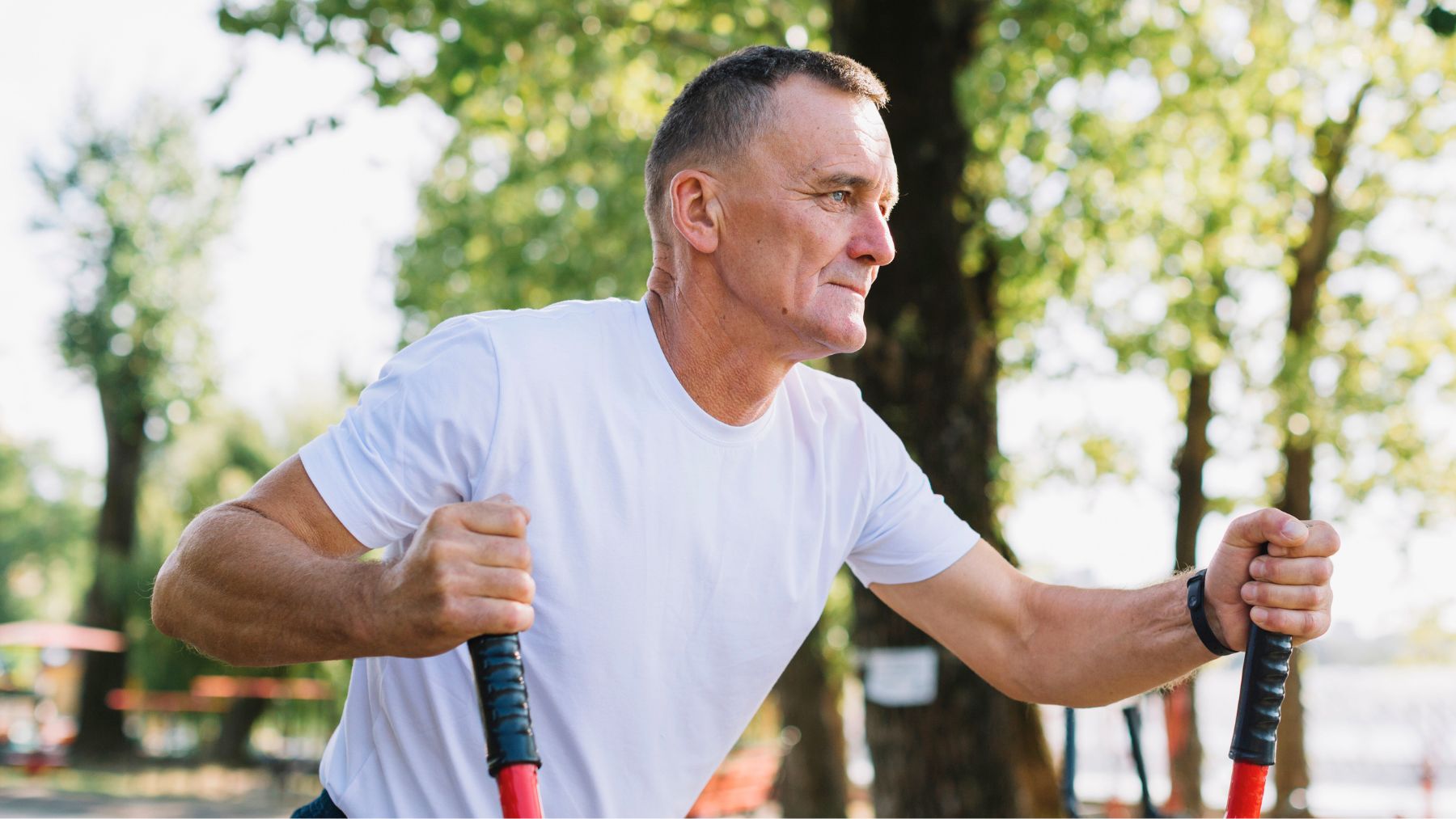Autumn avitaminosis: why the body lacks vitamins and how to maintain health

In autumn, due to a lack of sunlight and fresh vegetables and fruits in the diet, the body often does not receive a number of vitamins important for its functioning. This leads to fatigue, reduced immunity, and even seasonal depression. Marta Bilchak, head of the Odrex outpatient department, explained which vitamins are most often lacking and how to prevent avitaminosis, UNN writes.
What is avitaminosis and why does it occur in autumn
As the doctor emphasizes, avitaminosis is a decrease in the level of one or more vitamins, which can lead to impaired body functions, such as metabolism, reduced immunity, growth rate, wound healing, etc.
In autumn, it occurs due to a number of reasons, including the lack of sufficient sunlight and food enriched with vitamins in the diet.
Less sunlight, which leads to a decrease in vitamin D synthesis. Fewer fresh vegetables and fruits in the diet. Also possible is a decrease in appetite, seasonal infections that increase the need for vitamins. The time we spend indoors increases, and conversely, we have less activity in nature.

Main symptoms of autumn avitaminosis
The first symptoms of avitaminosis can be called chronic fatigue and reduced performance. Also, a person can often “catch” colds and other diseases due to reduced immunity, the doctor explains.
There may also be a decrease in mood up to “seasonal depression”, dry and pale skin, brittle hair and nails. Some people experience irritability, drowsiness, and problems with concentration. These symptoms are non-specific, but in combination, they can signal a deficiency of micronutrients, and a doctor will help to deal with this.

Which vitamins are most often lacking in autumn
As the specialist explains, most often at this time of year, the human body lacks vitamin D. The fact is that its main source is sunlight, so when the days get shorter, the weather gets colder, and people spend more and more time indoors, the supply of this vitamin in the body decreases.
Also, with the onset of cold weather, the blood’s reserves of B vitamins decrease, which, as the doctor says, are responsible for the nervous system and metabolism. Their deficiency manifests itself in fatigue, sleep problems, and mood. Another vitamin that may be lacking in autumn is vitamin C – extremely important for immunity and vascular health. In autumn and winter, it may be lacking due to fewer fresh fruits and vegetables in the diet.
It is also worth remembering about such important trace elements as iron and zinc. They are not vitamins, but their deficiency is also more common in autumn and winter and affects energy and immunity.

How to prevent autumn avitaminosis
The simplest way is a balanced diet, frequent walks in the fresh air. During this period, it is worth including more seasonal vegetables in the menu: pumpkin, cabbage, beets, carrots, as well as fruits: apples, pears, plums. Also try to add legumes, nuts, fatty fish, eggs and dairy products to your diet.
She adds that as an alternative, you can also consume frozen vegetables and berries/fruits or pickled vegetables. According to Bilchak, they also preserve vitamins well.
In addition, it is important to stay active, be outdoors even in cool weather, and take care of sleep. And it is also important to consult a doctor in time to identify a lack of vitamins or trace elements.

Tips for maintaining health during the vitamin deficiency season
According to Bilchak, the rules for maintaining health are always the same, both in summer and in autumn, and include the following points:
- adherence to a regular eating regimen: do not skip meals;
- prepare bright dishes with a variety of vegetables, berries;
- consume more seasonal vegetables/canned or frozen;
- control stress – it increases the need for micronutrients;
- drink enough water, avoid excessive alcohol consumption;
- take care of sufficient duration and quality of sleep;
- if you have symptoms, consult a doctor, do not self-medicate.
Vertigo, stress, and migraine: a comprehensive approach to the diagnosis and correction of dizziness25.09.25, 10:15 • 40255 views
link




